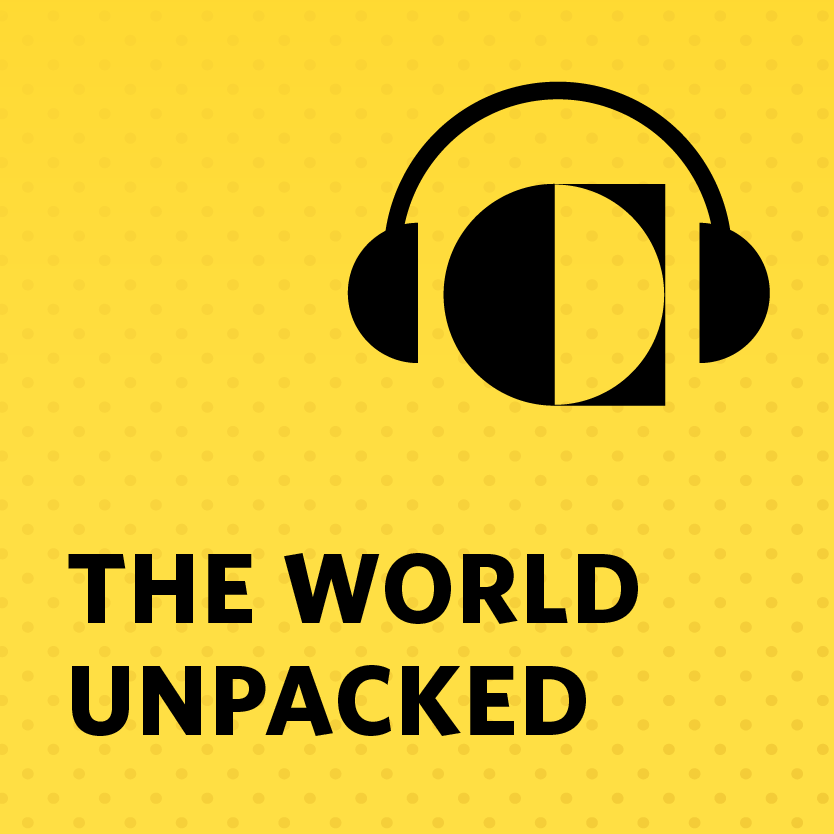The World Unpacked

Hosted By
The World Unpacked is a weekly podcast where insiders, intellectuals, and iconoclasts dive deep into the most pressing global issues. In a time of violent convulsions and heady new possibilities, host Jon Bateman mixes it up with the thinkers making sense of what’s happening and the power brokers building what comes next. Tune in for lively, free-wheeling conversations with some of the world’s most interesting and informed people.
Click here to get episodes sent directly to your inbox.
The World Unpacked relies on the continued generous support of donors. Click here to make a donation.
